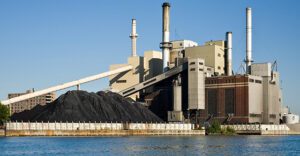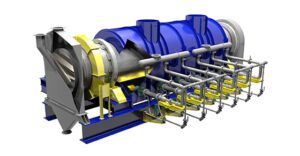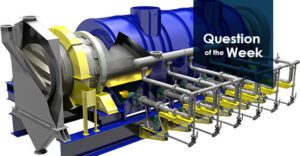Biocoal from Biomass: An Emerging Opportunity for Renewable Energy
Biocoal, a product produced by thermally upgrading biomass, has been gaining traction throughout the world as countries look to more renewable energy sources in an effort to reduce dependence on coal and mitigate greenhouse gases. What is Biocoal? Biocoal, also commonly referred to as syn …






